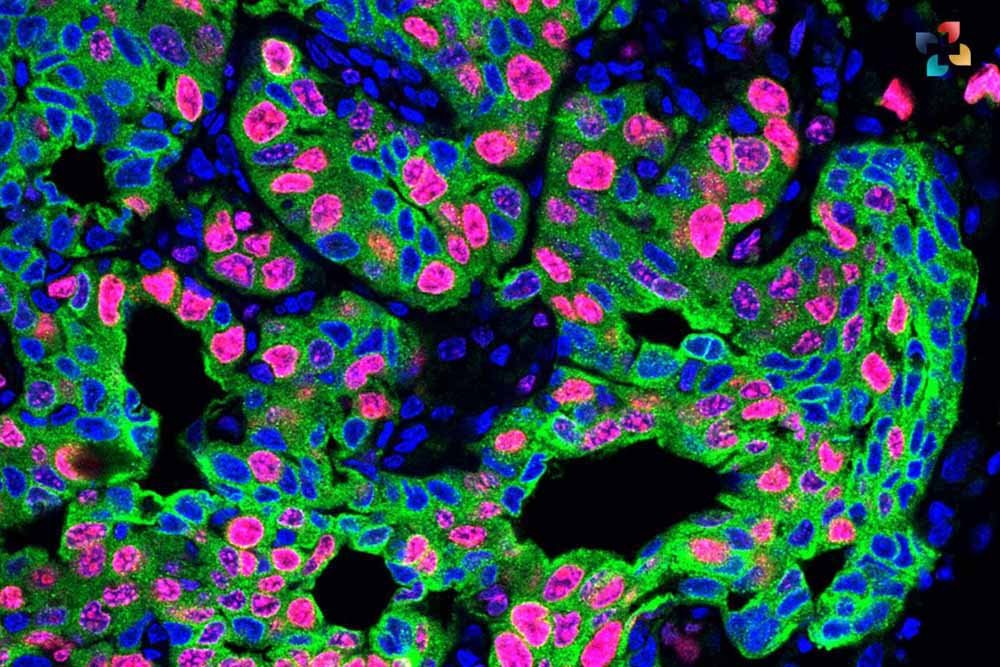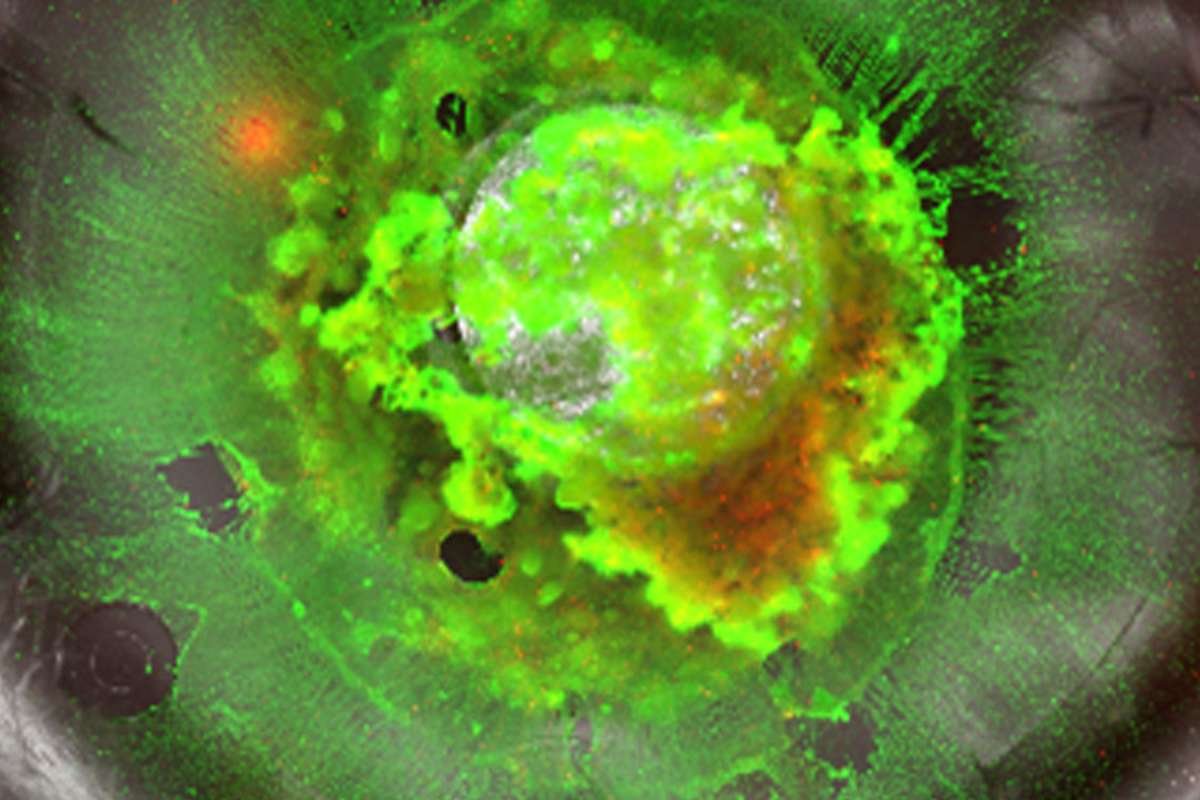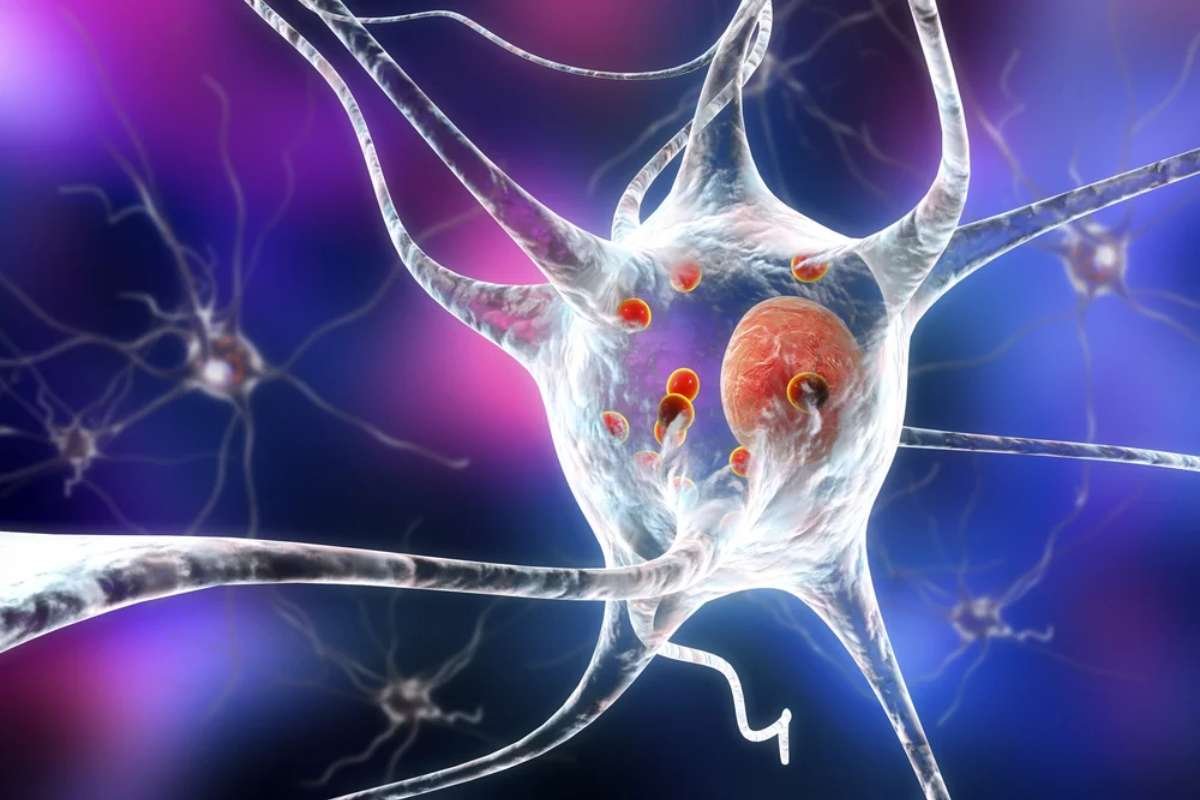The Impact of Chronic Stress
While stress is an unavoidable part of life, chronic stress can have detrimental effects on health, increasing the risk of heart disease, and strokes, and possibly even aiding in the spread of cancer. Understanding the mechanisms underlying this relationship has been a challenge in cancer care, but researchers from Cold Spring Harbor Laboratory (CSHL) may have made a breakthrough in unraveling this complex connection.
Discovering the Role of Neutrophils
Former postdoc Xue-Yan He and Adjunct Professor Mikala Egeblad, along with CSHL Professor Linda Van Aelst, conducted a study revealing how stress impacts cancer spread. Their research demonstrated that stress triggers certain white blood cells called neutrophils to form sticky web-like structures known as neutrophil extracellular traps (NETs). These NETs create an environment conducive to metastasis, facilitating the spread of cancer cells throughout the body.
Implications for Treatment and Prevention
By mimicking chronic stress in mice with cancer, the research team observed a significant increase in metastatic lesions, highlighting the role of stress hormones called glucocorticoids in triggering NET formation. Furthermore, the study showed that reducing stress or preventing NET formation could potentially slow or stop cancer’s spread, offering new avenues for treatment and prevention strategies. The findings suggest that managing stress could be a crucial component of cancer care, while future drugs targeting NET formation may hold promise in preventing metastasis in cancer patients. This research underscores the importance of understanding the impact of stress on health and the potential benefits of addressing stress as part of cancer treatment and prevention protocols.











